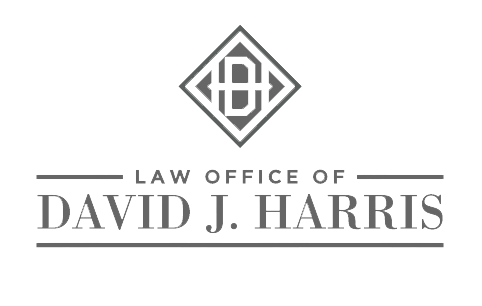In the American Bar Association manual, “The Family Lawyer’s Guide to Bankruptcy,” Shayna and Bruce Rosenfeld state that one quarter of all bankruptcy filings are caused by divorce.
I believe that the converse is true as well: financial strains that lead to bankruptcy cause divorce.
Typically, the spouse who files bankruptcy is the one obligated to pay alimony, child support and make the hold harmless payments.
A bankruptcy filing, however, may be of benefit to both divorcing spouses, as the debtor-spouse can discharge non-marital debts and free up money to pay the divorce-related debt owed to the other spouse.
At one time, bankruptcy was an effective weapon to thwart or impede a divorce or undo the result obtained after a settled or contested divorce. However, on October 17, 2005, Congress enacted the Bankruptcy Abuse Prevention and Consumer Protection Act of 2005 (“BAPCPA”) that dramatically changed the ability of a bankruptcy case to do so.
A debtor’s ex-spouse is a great beneficiary of this legislation, as Congress has made it substantially more difficult for a debtor to escape divorce-related obligations, as debtors generally may now thwart or impede a divorce-related obligation only if the obligation is considered to be a property settlement (rather than alimony, maintenance or support) and if the debtor is able to successfully navigate his or her way to a Chapter 13 discharge via three to five years’ worth of plan payments to a Chapter 13 trustee.
There are other creative uses of BAPCPA to deal with family law obligations. Therefore, a divorcing spouse or a soon-to-be divorcing spouse should seek counsel from a seasoned bankruptcy attorney to discuss the pro’s and con’s of filing for bankruptcy protection and to discuss the pro’s and con’s to defending actions taken by a spouse who has filed for bankruptcy protection.
Please call me to discuss your situation at (570) 823-9400 or send an e-mail to me at dh@lawofficeofdavidharris.com. You may also write to me at 69 Public Square, Suite 700, Wilkes-Barre, PA 18701.

